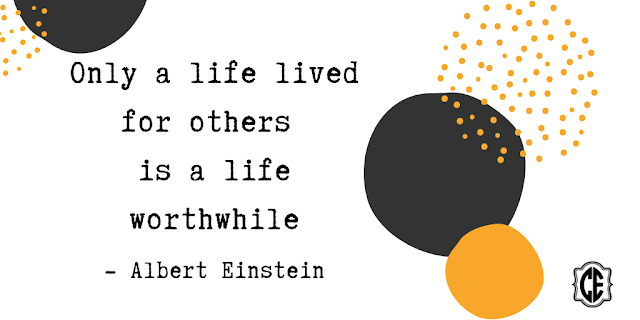Did you know that hope can be measured?
As I've been reading, reflecting, and researching for the weekly series on characteristics of compelled educators, I've learned a lot! What I didn't expect to learn is that hope can be measured!
Whatever the perspective through which we appreciate authentic educational practice ... its process implies hope.
-Paulo Freire
C.R. Snyder and colleagues have developed a valid and reliable tool to measure hopefulness. There are two areas that are measured - those of agency (a sense of determination to successfully meet goals) and those of pathways (a sense of being able to generate different pathways to successfully meet goals).
Two researchers, Peterson and Byron, state the following
". . . more hopeful people are more successful at goal achievement because they approach problems differently than do less hopeful people (italics added). Specifically, the success of more hopeful employees may be due in part to the fact that they conceive of multiple pathways to reach their desired end."
Hope is taught to children by example and through stories. It's important that the educators in the building are "high hope" educators.
Hopeful educators see around barriers and persistently work to help students to be successful. Barriers become challenges to overcome, and the perceived likelihood of positive outcomes is great. It's imperative that we model and directly teach methods that lead to increased hope.
Questions for reflection:
- How do we increase our odds as educators to have a "high hope" week or month?
- How do we pass on "high hope" to students?
- How do we help students identify their strengths, set goals, and identify ways to reach those goals?
- What interview questions need to be asked in order to identify "high hope" individuals when hiring?
- In what ways can we encourage hope in our schools?
(If you can't see the embedded video above, click HERE to watch)
Previous posts in this series:
References
Peterson, S. J., & Byron, K. (2008). Exploring the role of hope in job performance: results from four studies. Journal of Organizational Behavior, 29, 785-803.
Snyder, C. R., Harris, C., Anderson, J. R., Holleran, S. A., Irving, L. M., Sigmon, S. T., et al.(1991). The will and the ways: Development and validation of an individual-differences measure of hope. Journal of Personality and Social Psychology, 60, 570-585.
































